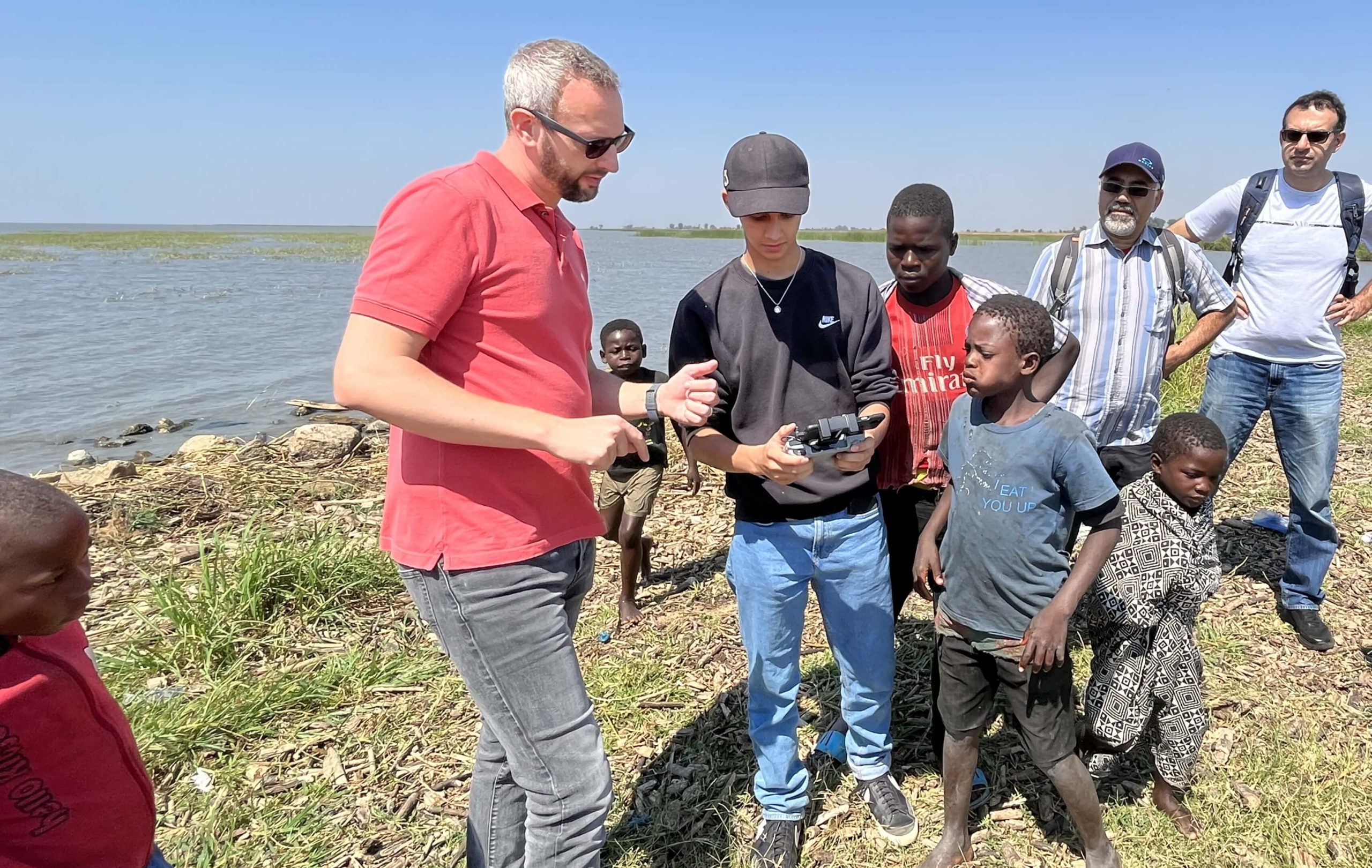
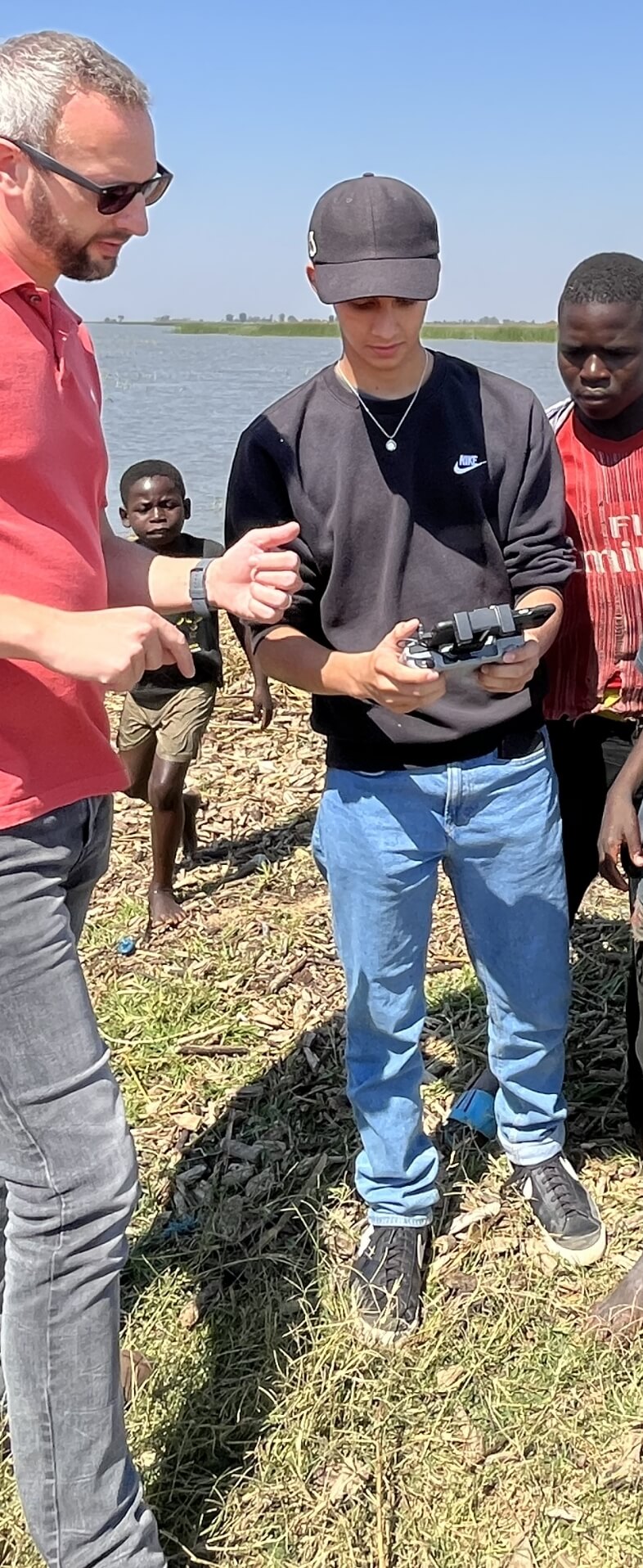
Research
Advancing Research on the Power of Music
At UC Irvine, our researchers are exploring music’s impact across education, health, mental wellness, sustainability, social justice and more. Through interdisciplinary collaboration, we are building evidence to validate music’s transformative role in fields like therapy, activism, urban planning and conflict resolution. By prioritizing research, we strengthen our ability to secure funding, refine strategies and drive meaningful, real-world change.
Glasser Center Research Labs
The Glasser Center supports research labs across disciplines to study music’s role in healing, learning, and transformation.
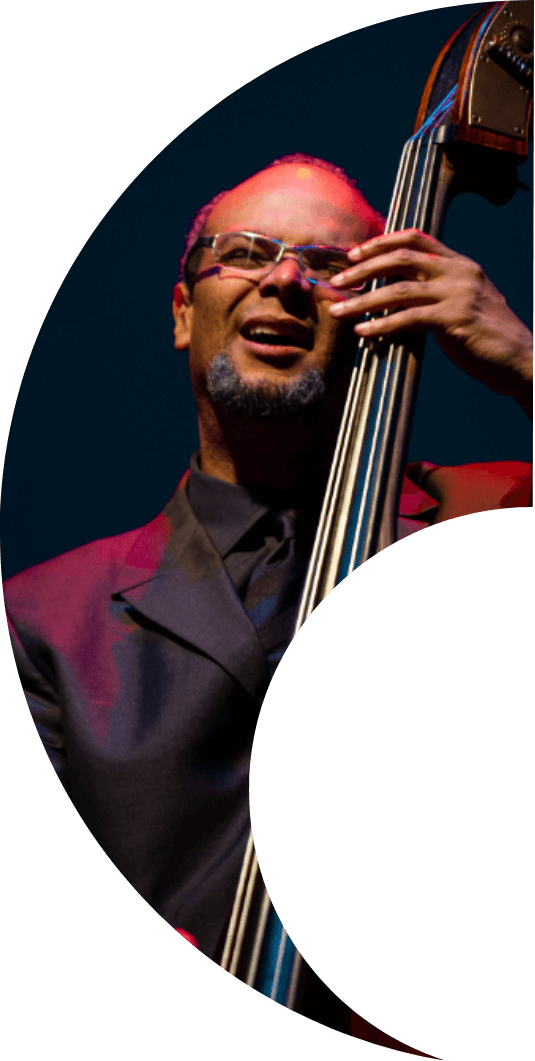
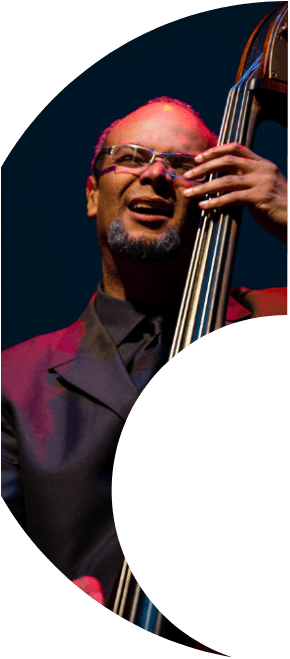
Music & Individual Flourishing
Dr. Julian Thayer, award winning musician and psychophysiologist, studies relationships between music, emotion, and pain and is part of the Music 4 Pain research consortium.
LEARN MOREAffiliated with the Glasser Center and directed by faculty affiliate Dr. Sara Mednick, the Sleep and Cognition Lab is poised to investigate the fascinating ways music may shape sleep quality, enhance memory, and boost cognitive performance.
LEARN MOREThe MOVE Lab uses polyrhythm and kinesonic practices to explore complex phenomena such as climate change and social justice.
LEARN MORE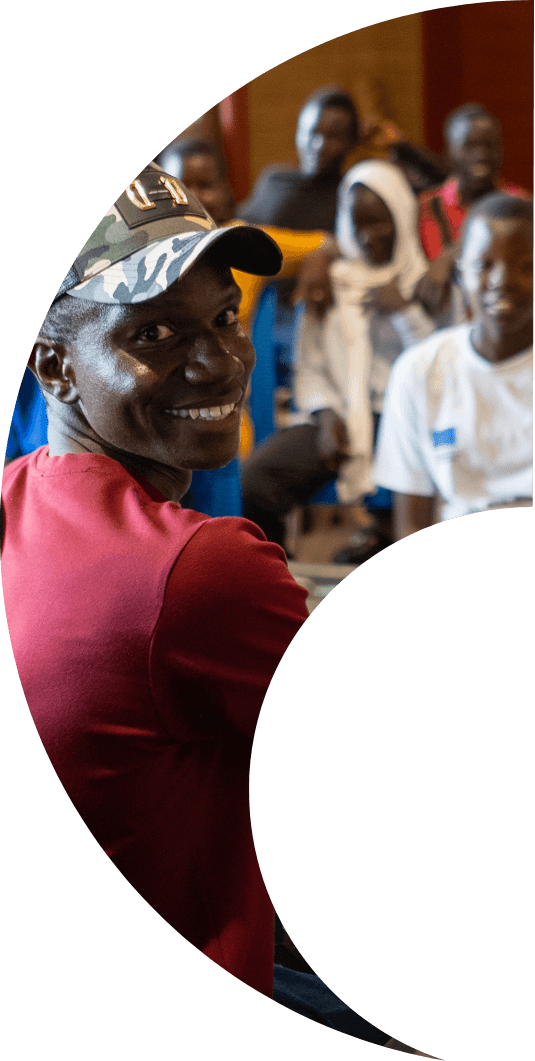
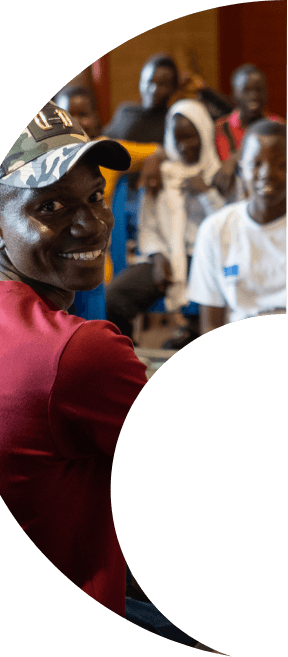
Music & Social Change
The FREE Lab explores the role of music in healing, community-building, and social change for survivors of exploitation and human trafficking
LEARN MOREThe Sound2Map Lab bridges music production and spatial information science, using studio skills and facilities as a foundation for developing mapping and modeling capabilities.
LEARN MOREThe MTLab explores the ways networks can enable new forms of musical collaboration across borders.
LEARN MORE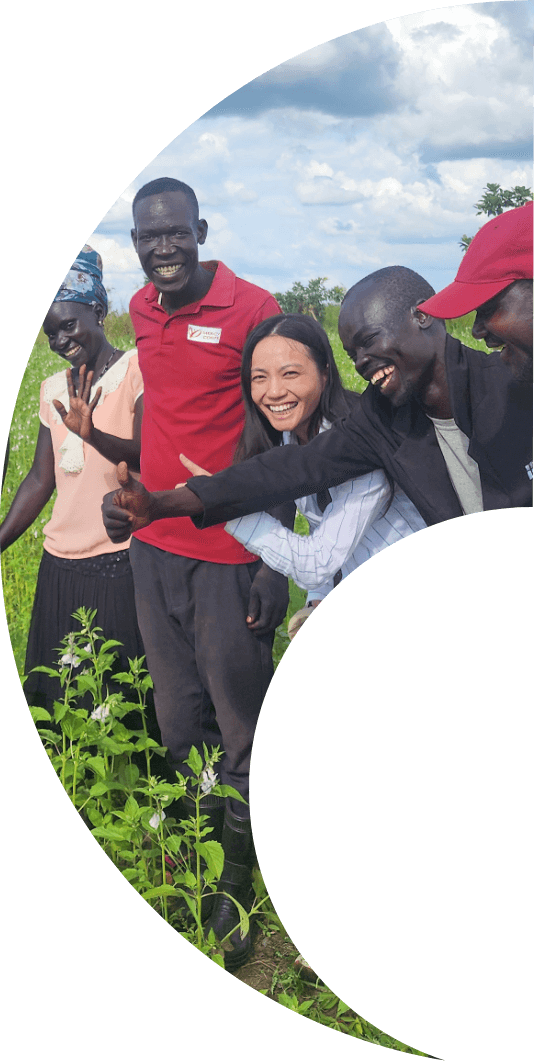
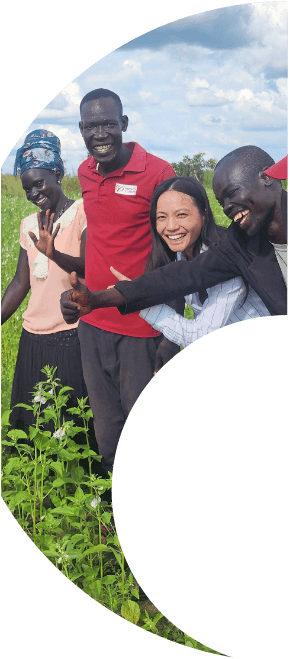
MUSIC, NATURE, & FUTURISMS
The CUSP Lab advances sustainable urban development and human flourishing, using music to foster communication, inspire collective action, and build resilience in the face of climate change, pollution, resource depletion, and habitat loss.
LEARN MOREThe Sonic Sovereignty Lab collaborates with Indigenous communities to advance research and creative practices that strengthen sovereignty, self-determination, and wellbeing through Indigenous sonic innovation.
LEARN MOREImpact
At the Glasser Center, we’re investigating how music shapes well-being, education, and social connection. From exploring its impact on student development and community resilience to advancing global research collaborations, our work translates evidence into action, demonstrating that music isn’t just art, but a force for measurable, meaningful change.
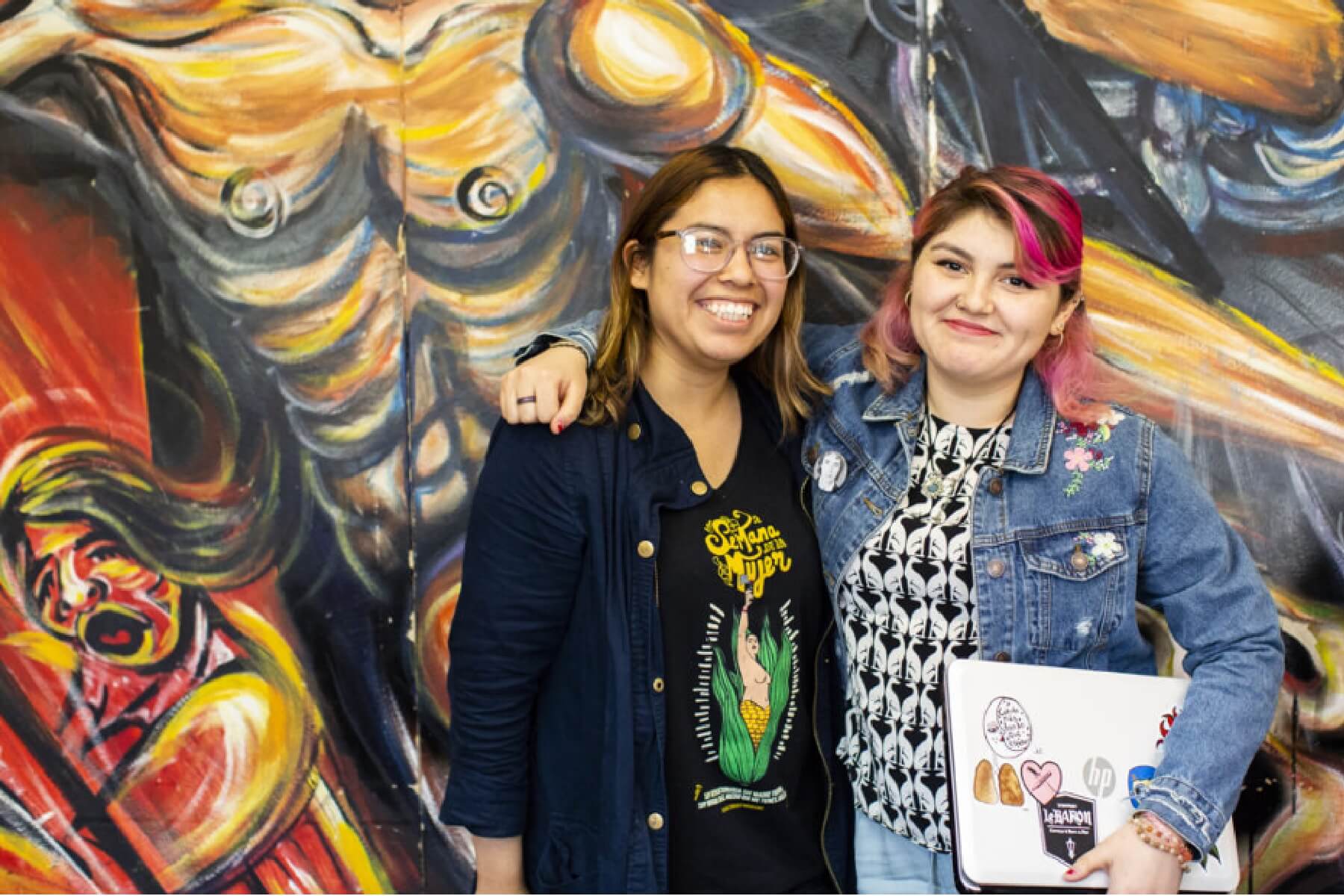
Bridging Borders Through Music
Glasser Center lab director and UCI Professor Dr. Michael Dessen received $150,000 from UC Alianza MX for CaucesSónicos, a cross-border music project using collaborative composition to drive education and cultural exchange across the U.S.–México borderlands.
LEARN MORE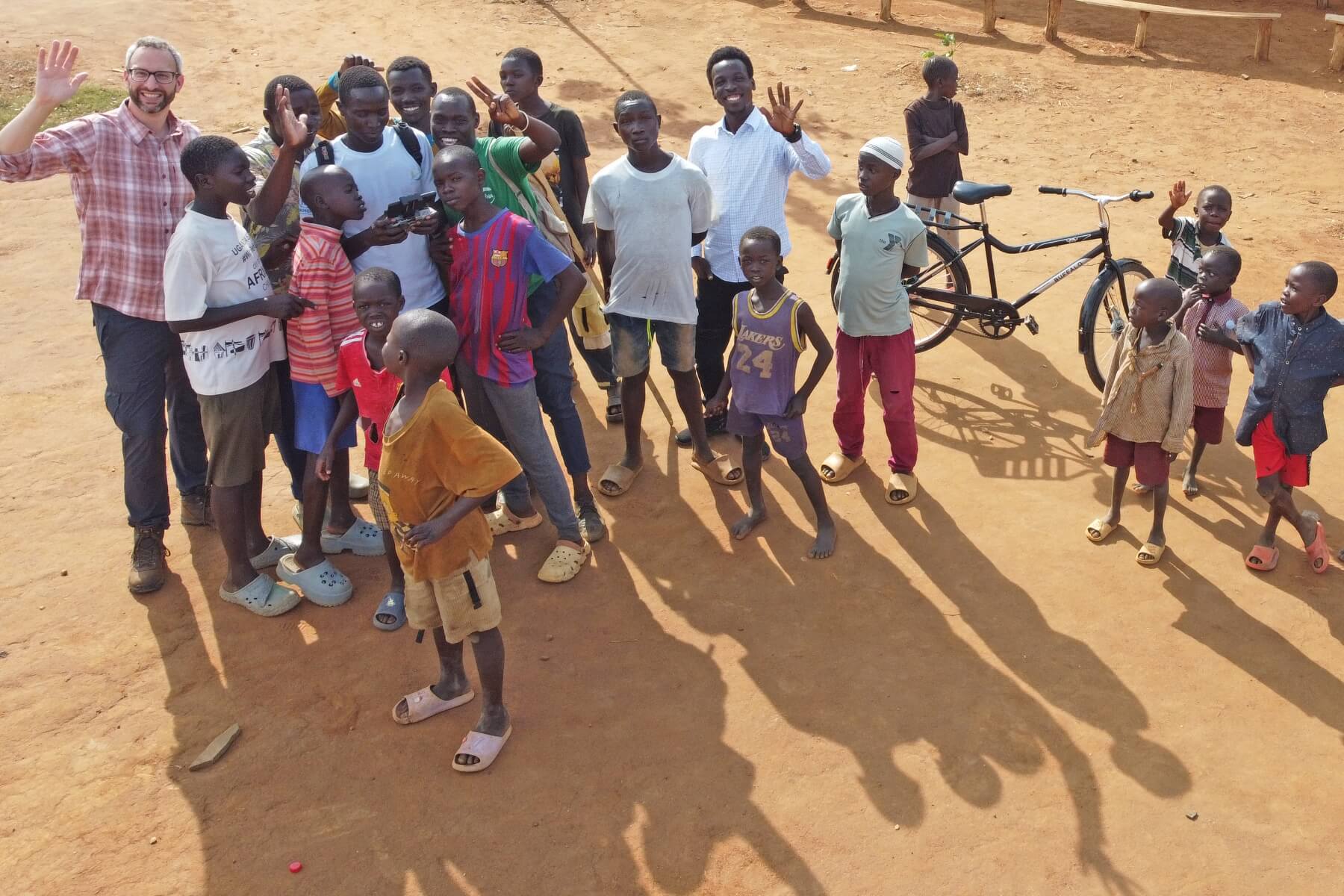
Bridging Creativity and Opportunity in Northern Uganda
SINAL and Playing For Change Foundation have partnered with the Glasser Center on research to assess how pairing low-cost GIS technology training with music and arts programs can strengthen livelihoods, resilience, and community connection in Bidibidi refugee camp. Together, we’re building evidence to drive lasting impact for displaced communities.
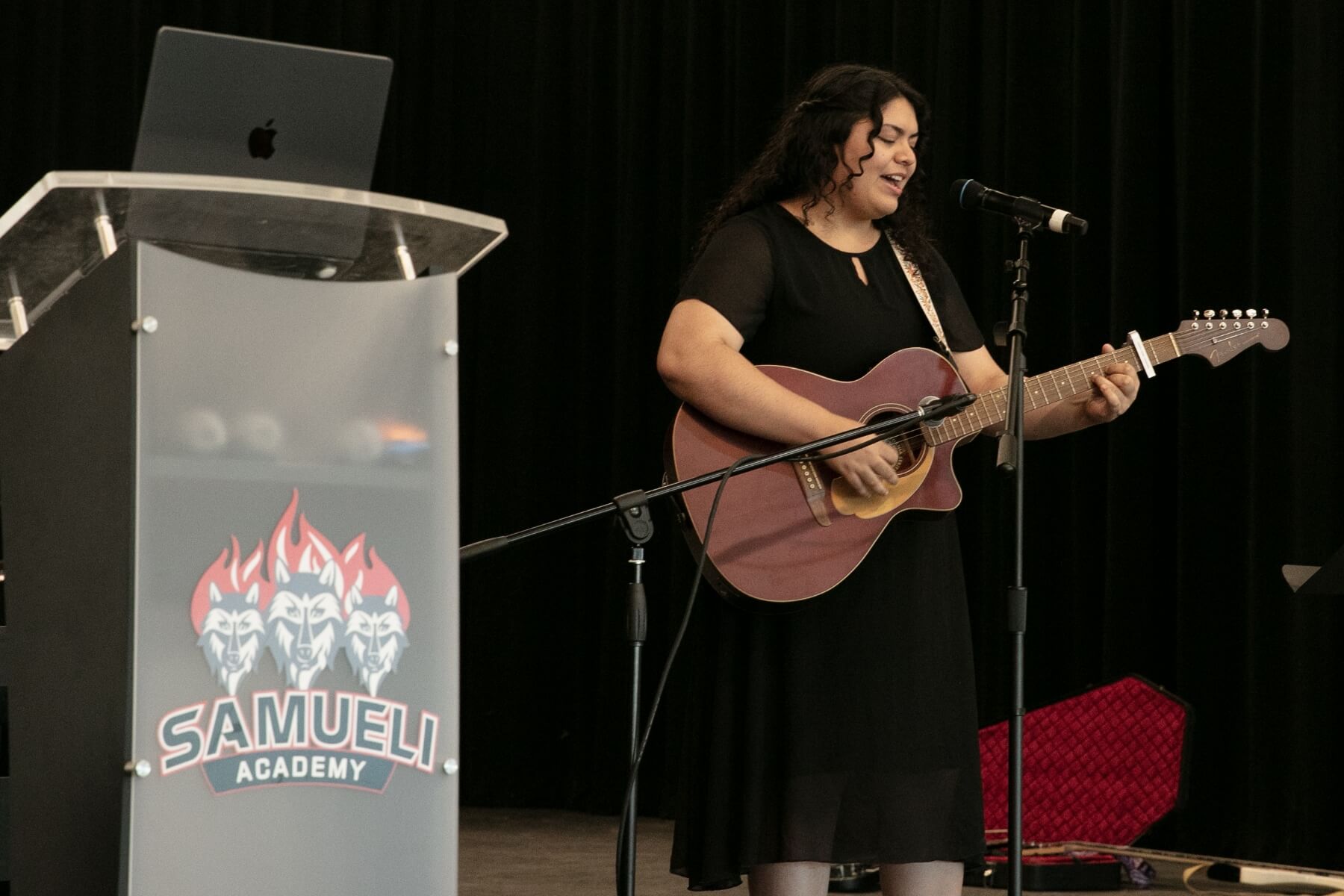
Investing in Belonging Through Music
We believe robust music programs can improve wellbeing and foster a sense of belonging for at-risk teens. That’s why we contributed $100,000 in 2024 to grow the music program at Samueli Academy—where enrollment in the Music Industry class has already quadrupled, growing from 5 to 20 students.

Bridging Borders Through Music
Glasser Center lab director and UCI Professor Dr. Michael Dessen received $150,000 from UC Alianza MX for CaucesSónicos, a cross-border music project using collaborative composition to drive education and cultural exchange across the U.S.–México borderlands.
LEARN MORE
Bridging Creativity and Opportunity in Northern Uganda
SINAL and Playing For Change Foundation have partnered with the Glasser Center on research to assess how pairing low-cost GIS technology training with music and arts programs can strengthen livelihoods, resilience, and community connection in Bidibidi refugee camp. Together, we’re building evidence to drive lasting impact for displaced communities.

Investing in Belonging Through Music
We believe robust music programs can improve wellbeing and foster a sense of belonging for at-risk teens. That’s why we contributed $100,000 in 2024 to grow the music program at Samueli Academy—where enrollment in the Music Industry class has already quadrupled, growing from 5 to 20 students.
